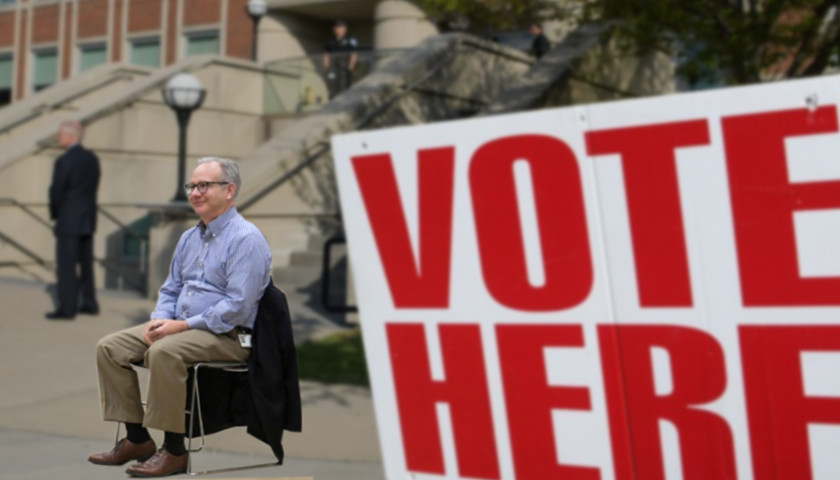Acting Mayor of Nashville David Briley’s aura of inevitability came to a sudden and devastating end Tuesday night when voters soundly rejected the $9 billion transit plan he championed to the bitter end by a 64 percent to 36 percent margin.
The man who less than two months ago had been praised by the Nashville Business Council as the only possible person who could provide “continuity” to the city after the resignation of disgraced former Mayor Barry on March 6, found himself reduced to blaming the deplorable voters of Nashville for their lack of wisdom in rejecting the boondoggle his predecessor introduced and he embraced whole heartedly.
“We all can agree that we have to do something about traffic and transportation, but voters didn’t get behind this plan,” Briley said after it became clear that his cherished plan of “continuity” was going down in flames, adding:
My responsibility as Mayor is to get back to the drawing board and find the common ground to develop consensus on a new way forward. Our transportation problems are not going away; in fact, we know they’re only going to get more challenging as we continue to grow. I’ll get back to work finding a solution for Nashville that we all can agree on.
Briley now faces a daunting task.
With early voting in the special mayoral election set to begin on Friday, and the final election to be held barely three weeks from now on May 24, what can he possibly do to counter the growing popularity of his main rival, former Vanderbilt professor Carol Swain?
Unlike Briley, Swain was aligned with the vast majority of Nashville’s voters who rejected the $9 billion transit plan on Tuesday.
In her comments after the pro-transit group conceded Tuesday night, Swain effectively tied Briley and his disgraced predecessor Megan Barry to the failed transit plan they both supported, calling it the “Barry-Briley boondoggle.”
Briley’s public appearances have done anything but inspire confidence in his leadership abilities.
His stumbling performance at a Bellevue town hall meeting on Monday, the transit referendum election eve illustrated that weakness clearly, as The Tennessee Star reported:
Acting Mayor David Briley demonstrated that he is not ready for prime time when he repeatedly stumbled Monday night in his responses to questions about the Nashville Transit Plan to a large group of voters in Bellevue. The 90 minute meeting was intended to be a last minute pro-transit pep rally, but it ended up being more like the cross examination of a witness who was not particularly compelling.
Briley admitted several things damaging to the plan during the evening.
He conceded to the audience that he did not think he would get federal funding for the $9 billion transit plan, already criticized as being hugely and disproportionately expensive.
He also admitted that residents of Bellevue are not likely to use the proposed mass transit system.
“I don’t really understand how a $9 billion investment for 3 percent turns out to be a good investment for the majority of us,” one member of the audience said, and asked Briley to explain how that math made sense.
“Lots of people are not going to get on light rail or any sort of transit. I know that. We’re not saying everybody should,” a defensive Briley responded.
“What we’re saying is if we don’t get some people into transit, then we’re just going to come to a standstill as a community,” the mayor claimed in a speculative assertion backed by no credible evidence.
“What policies are you going to put in place to make sure that it delivers at budget?” another skeptical voter asked the mayor about the transit plan.
“I don’t promise to have a great answer yet,” the mayor responded unconvincingly to another tough question about the plan.
Briley may have a transportation plan in his future, but it may not be the one he had hoped for.
Instead of the Nashville Transit Plan, Briley now faces a potential head on collision with the Swain Train on May 24.




